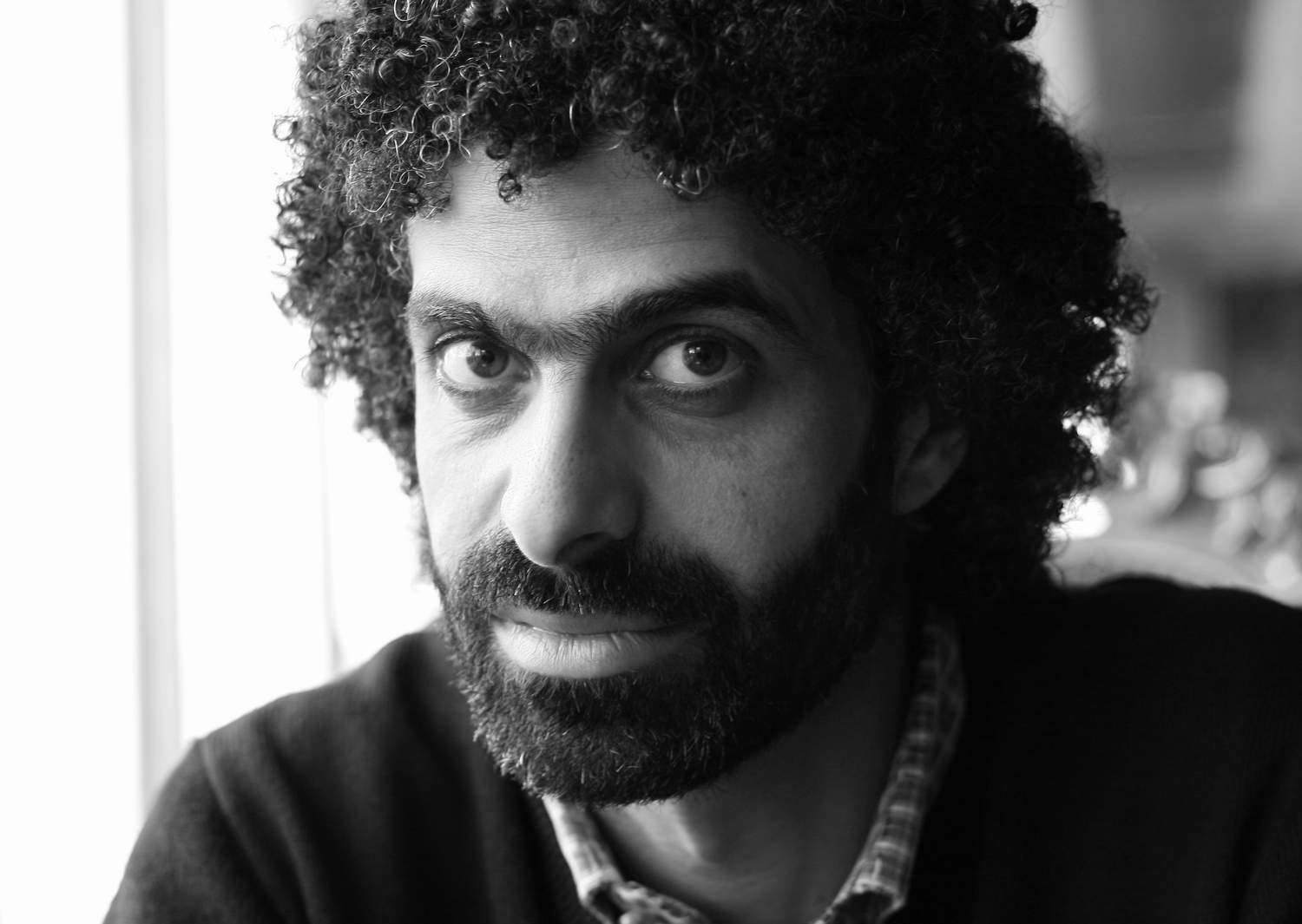Egypt’s tourism sector faces numerous challenges, exacerbated by the COVID-19 pandemic and shifting global trends. However, religious tourism presents a promising opportunity for revitalization. With its rich religious heritage and ancient history, Egypt has immense potential to become a leading destination for religious tourism. Unlocking this potential requires a clear strategic vision and dedicated efforts to translate these assets into tangible results.
Egypt’s religious heritage spans both Islam and Christianity, attracting visitors from around the world. From iconic mosques like Al-Azhar and Amr ibn al-As to historic churches such as the Hanging Church and St. Catherine’s Monastery, the country is home to religious treasures that draw millions of tourists annually. These sites are not just places of worship; they are living testaments to centuries of interfaith coexistence, projecting a positive image of Egypt as a center of peace and tolerance.

Despite these assets, Egypt’s religious tourism sector does not reflect its true potential. While the government has taken steps to bolster tourism, religious tourism remains relatively overlooked in development plans. The focus often centres on cultural and beach tourism, leaving religious tourism underpromoted on the international stage. As a result, Egypt’s religious landmarks receive far less global recognition compared to similar sites in other countries.
To develop religious tourism, several strategic measures must be undertaken. First, establishing well-defined religious tourist routes that connect Islamic and Christian sites would offer visitors a comprehensive experience. Second, enhancing infrastructure—such as reliable transportation, high-quality hotels, and service facilities—would significantly improve the visitor experience. Third, launching targeted marketing campaigns aimed at Muslim- and Christian-majority countries would help raise awareness of Egypt’s religious heritage and historical significance.
Training tourism personnel to cater specifically to religious tourists is also crucial. Providing accurate information about religious sites and understanding visitors’ unique needs can enhance their overall experience, fostering return visits and positive word-of-mouth recommendations. Additionally, ensuring robust security measures at religious sites is essential, particularly in regions facing security challenges.
However, several obstacles hinder the growth of religious tourism in Egypt. A lack of awareness regarding its significance has led to its neglect in national tourism strategies. Moreover, Egypt faces strong competition from regional countries such as Saudi Arabia, the Southern Levant, and Iraq, which have heavily invested in religious tourism. Additionally, some religious sites are located in remote or difficult-to-access areas, requiring significant infrastructure investments.
In conclusion, religious tourism offers Egypt a golden opportunity to revitalize its tourism industry and enhance its global standing. To fully realize this potential, the country must implement a comprehensive strategy encompassing infrastructure development, international marketing, and greater awareness of religious tourism’s importance. With effective execution, Egypt can position itself as a leading religious tourism destination, yielding both economic and cultural benefits for the nation.
Mohamed Adam – Tourism Expert




